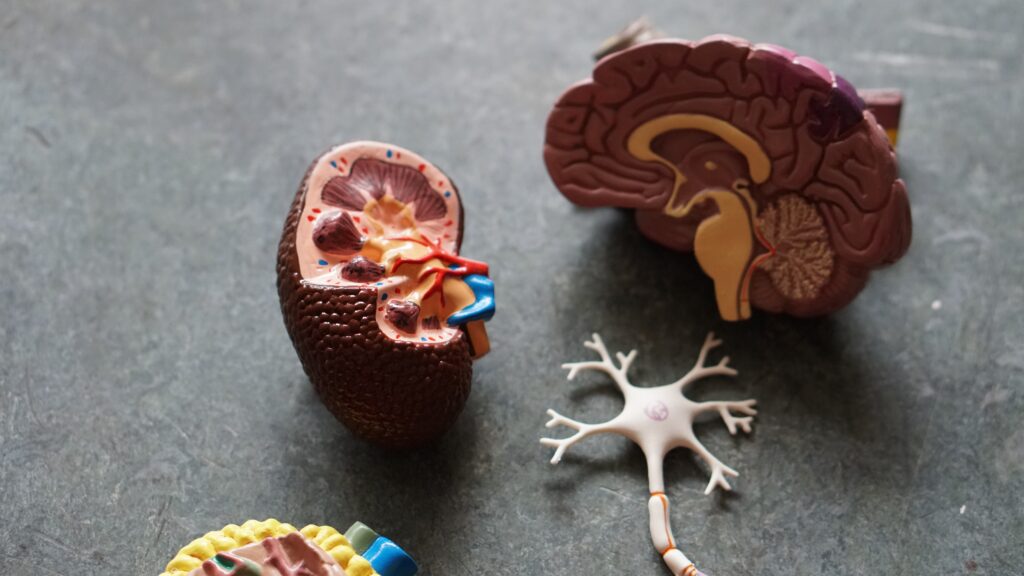How Does Trauma Affect The Brain?
September 30th, 2023
Trauma can have a profound impact on the brain, affecting both its structure and function. When an individual experiences trauma, their brain’s response mechanisms can significantly alter. This often results in heightened stress responses, with the amygdala becoming overactive, leading to increased anxiety and hypervigilance.
What is Trauma?
Trauma is an emotional response to something that has happened—like physical, emotional, or life-threatening harm.
It’s normal for most people to experience trauma; however, the main difference for people with trauma-related mental health problems is difficulty moving on with their lives.
Trauma knows no bounds—whether it is age, gender, or socioeconomic status. And as common as trauma is, many don’t realize how much it truly affects you from the inside out.
How Trauma Changes The Brain’s Chemistry
For the mind and body to function properly, the different parts of the brain need the ability to communicate. However, when a part of the brain changes due to trauma, it becomes a catalyst for other problems to arise.
The hippocampus, a critical memory and emotional regulation region, can shrink in response to chronic stress and trauma. This can impair memory formation and make it more challenging to process and cope with the emotions associated with the traumatic event.
Also, the prefrontal cortex, responsible for decision-making and impulse control, can be affected by trauma. This can result in difficulties in regulating emotions and making rational choices. Additionally, some individuals may develop dissociative symptoms, where their sense of self becomes disconnected from their surroundings, impacting brain regions related to self-awareness and perception.
Furthermore, neurotransmitter balance can be disrupted—affecting mood regulation and reward processing. These alterations contribute to symptoms of depression, anxiety, and other mood disorders. Trauma may also heighten sensory processing, increasing sensitivity and flashbacks triggered by sensory cues.
In severe trauma cases, PTSD can lead to specific brain function and structure changes. Disruptions in brain networks, such as the default mode network, may result in intrusive thoughts and a persistent sense of danger. Connectivity between brain regions involved in emotional processing and memory can also become disrupted.
Some trauma survivors may experience distortions in their perception of time, feeling as though the traumatic event is continually happening or struggling to organize past and present experiences.
The Impact of Trauma
It’s important to remember that not everyone who experiences trauma will develop lasting brain changes or mental health conditions.
Resilience, social support, and timely intervention can mitigate the long-term impact of trauma on the brain, and therapeutic approaches like cognitive-behavioral therapy (CBT), eye movement desensitization and reprocessing (EMDR), and medication can help individuals cope with and recover from trauma-related brain changes and associated psychological symptoms.
If you or someone you know has experienced trauma and needs trauma therapy, contact the professionals at Psychological Preventative Health today.



